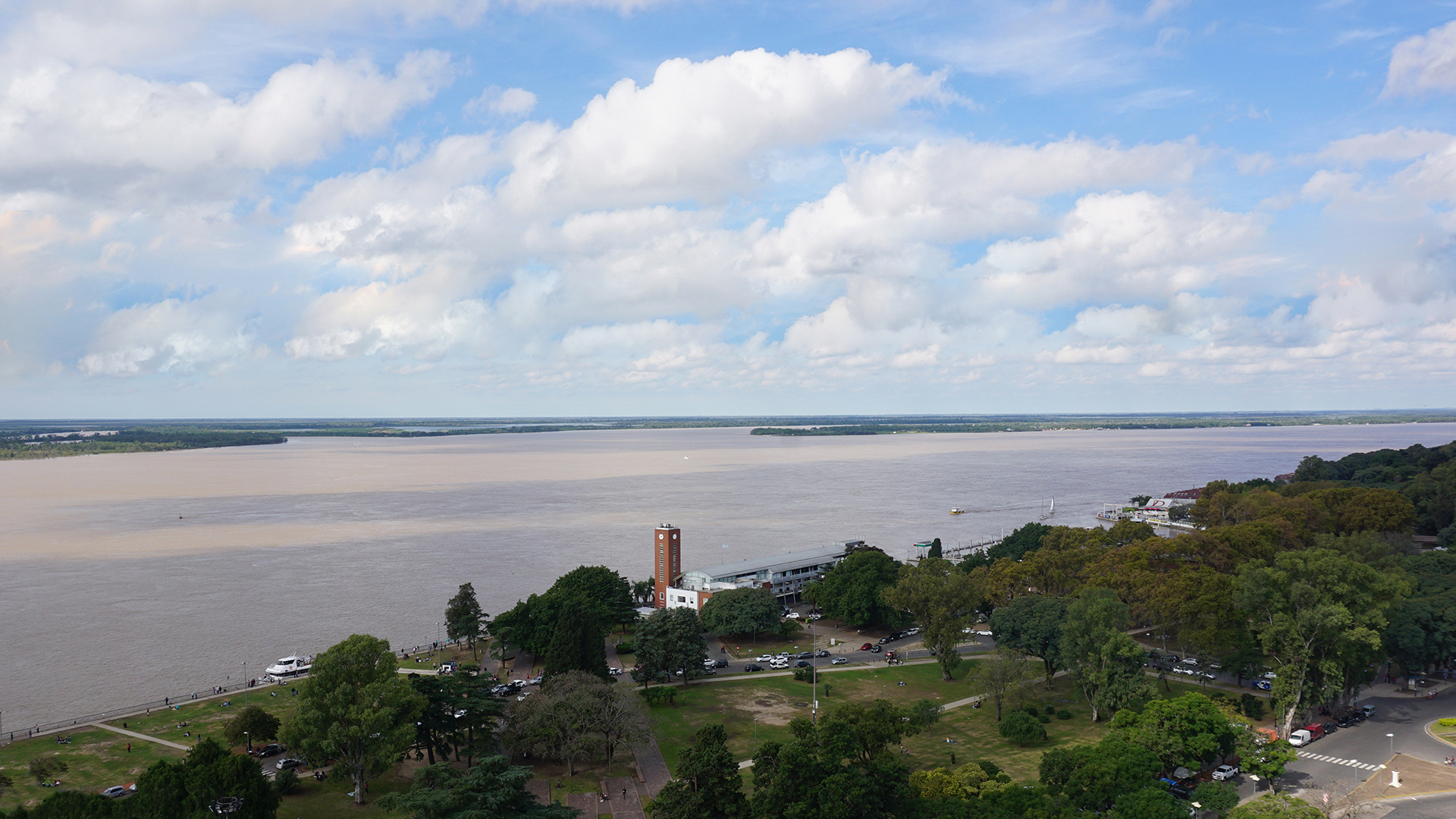Argentine delta could learn from Dutch polder model
In the Rio Paraná Delta the natural, industrial, and urban dynamics collide head-on. Lack of participation in planning is at the root of the problem, concludes Verónica Zagare in her PhD thesis. An Argentine version of the Dutch polder model could offer a way out.

The Lower Paraná Delta in northern Argentina is an estuary with great natural values. Fish and birds have their breeding grounds around the many islands and wetlands. At the same time, deforestation is occurring on a large scale and urban development is spreading uncontrollably. Large ports and industrial complexes along the river constantly require more space. That does not go without conflict. Every time a storm wind rises from the southeast, the river can no longer discharge its water. This causes flooding, with more and more damage as a result, due to the fact that there are more buildings, and because unstructured land use makes drainage impossible. "We should adopt an adaptive approach in urban planning, but unfortunately that is difficult to realise in practice," says Zagare. "Our laws and regulations are too fragmented for that."
Every city has its own rules and pursues its own interests. A comprehensive plan was developed by the national government and the three delta provinces ten years ago, but still has not been implemented. Moreover, it mainly concerns maintaining the island area in the delta. The art of the game is to find a balance between all the different interests. In fact, that is the biggest challenge for all deltas worldwide.
In her PhD thesis ‘Towards a Method of Participatory Planning in an Emerging Metropolitan Delta in the Context of Climate Change. The Case of Lower Paraná Delta, Argentina’, Zagare collected an abundance of data about the delta area. She used them to develop planning scenarios for some urban areas in the Lower Paraná Delta. She organised workshops, in which local authorities, interest groups, industry, forest owners, and environmentalists were given the opportunity to brainstorm about three different scenarios for their area. Zagare: "By tackling the issue from a local level, you are closer to the problem and you also understand each other's interests better. Argentina lacks such a platform for debate."
She also compared the practice in the Rhine-Meuse delta and the Pearl River Delta in China with that of the Paraná Delta. It shows that the centralist Chinese approach is less effective than the integrated Dutch policy, with its central role for water boards. "In the Dutch model, knowledge, consultation, and participation are the key pillars. That is an effective way for spatial planning in a delta." In other words: the polder model is not that bad at all.